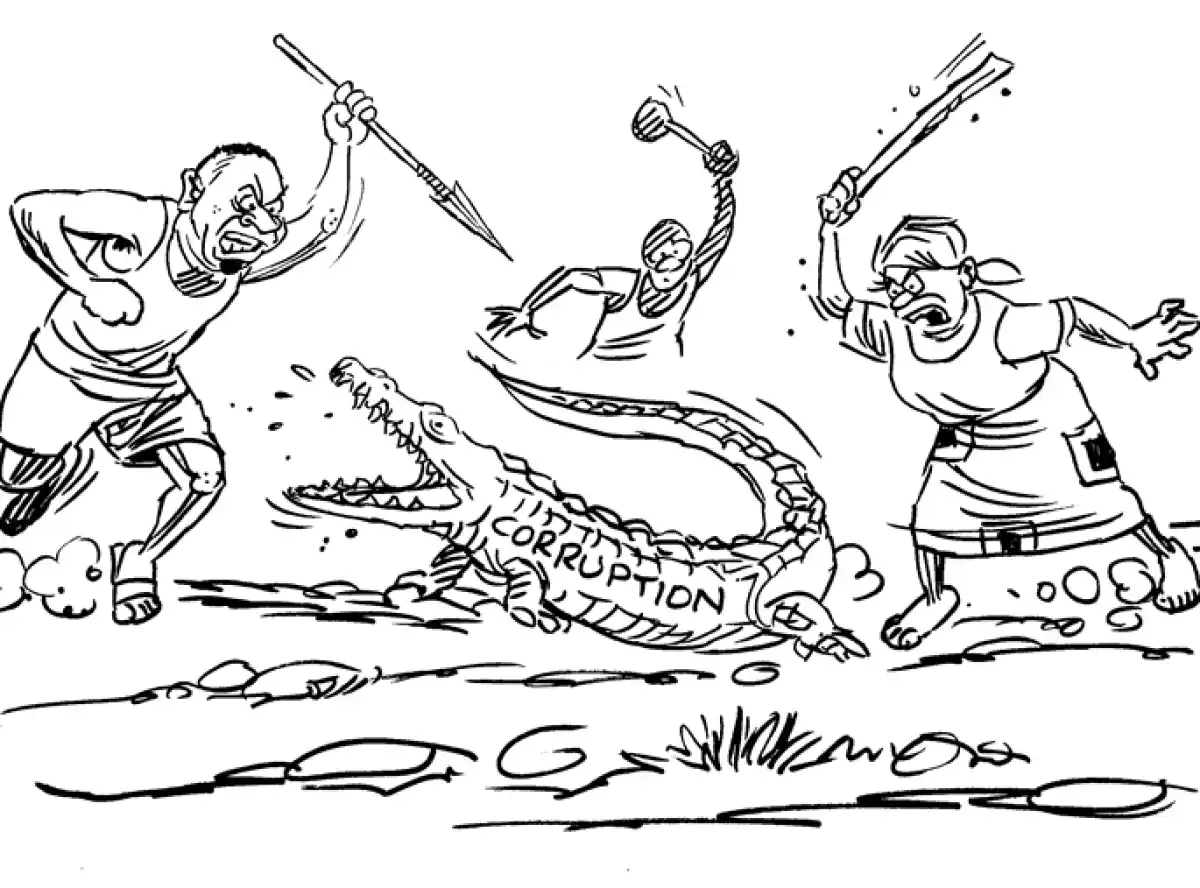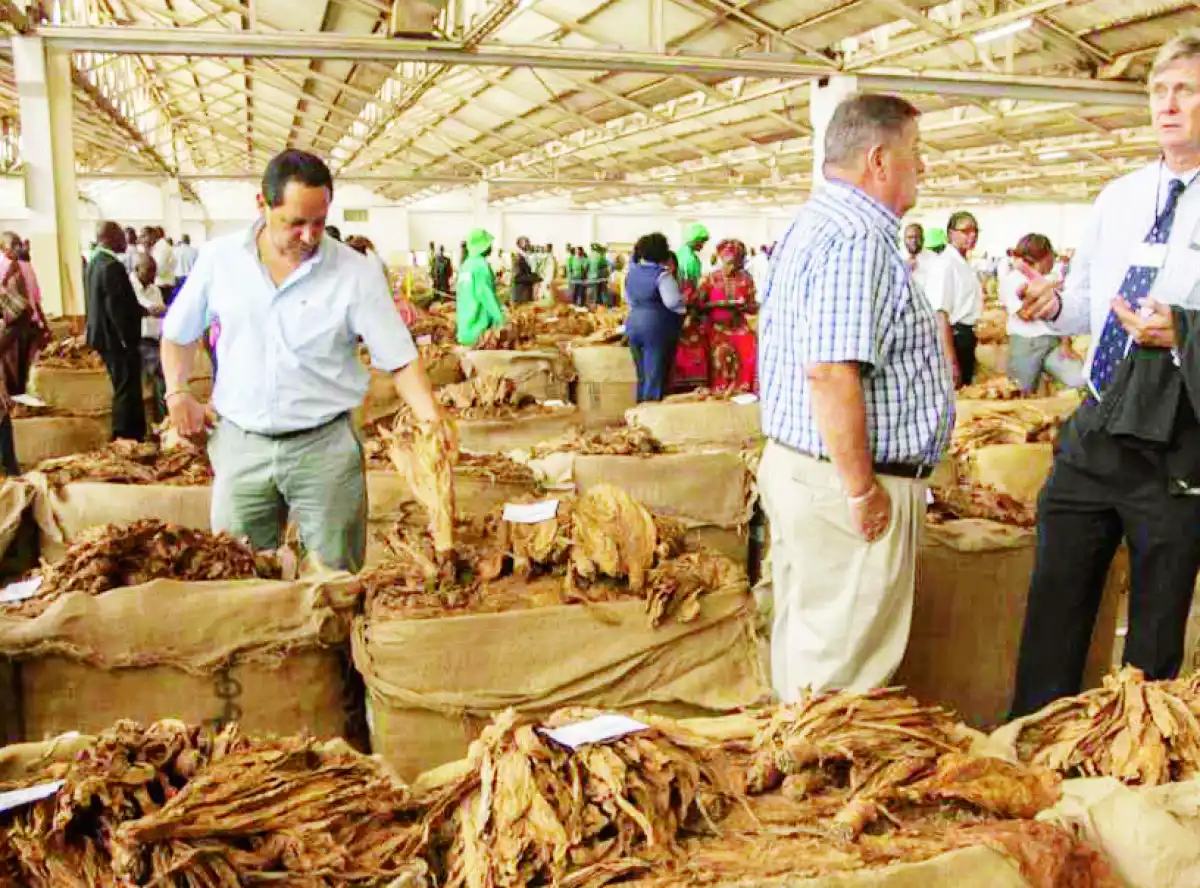
Dear Diary,
I have all the reasons to feel for the Kasiya tobacco farmer. I have every reason to shed a tear for the tobacco farmer from kwa Chamama and the one from Mponela.
It came out this week that since the market was opened in April, farmers have not been able to access their dues.
According to reports, the farmers have been referred from one office to the next, with no concrete reasons for the non-payment. At the end of it all, it is the farmer who has to feel the pinch.
It is a foregone fact that tobacco farming does not go to sleep. While they are at the auction floors marketing their tobacco, work for the next season must start. That needs money so delaying payments only worsens the situation.
For that matter, most tobacco farmers have to pay their workers from what they get when they sell the green gold. It is, therefore, killing that their money goes up in smoke.
This growing season has been hard for most tobacco farmers due to the effects of the El Nino phenomenon. Pictures of wilted tobacco, and other crops, have been doing rounds for all to see.
The price of fertilizers soared during this same season. And with the devaluation of the kwacha farm inputs went up as well. This actually means finding marginal returns has not been easy for the farmers at Kasiya, Chamama, and Mponela.
For the farmer on contract, the marketing season is a time to pay back for the inputs they got on loan. How do they do that if they are not paid?
For a long time, we have been told that agriculture is the backbone of the economy. That has been an established factor looking at the sector’s contribution to the gross national product as well as looking at the number of people employed in agriculture.
Right now, the catch word from President Lazarus Chakwera is that focus is now on ATM—agriculture, tourism and mining. We still wait for the empirical evidence that these are the priority areas for our economy at the moment.
This week, leaders in agriculture have been attending the Africa Fertiliser and Soil Health summit in Nairobi, Kenya. Chakwera and agriculture minister Sam Kawale attended this important summit.
Dear Diary, I do wish the leaders went at length to discuss not only the mineral fertilizers African farmers mostly use. It is a given fact that the price of these fertilizers is ever increasing, pitting the smallholder farmers to the deeper dungeon of hunger and poverty.
With such rising costs, it is imperative that new ways of improving soil fertility must be devised. In recent times, we have seen such technologies as Mbeya fertilizer, liquid fertilizers and increased uptake of conservation agriculture.
As it is, Kawale must be hailed with the release of a map showing which fertilizers can work best in particular areas of the country. This message, then must trickle down to the grassroots through the district agricultural officers down to extension workers as well as the research stations across the country.
Matters of soil health are also important where farming is concerned. Many Malawian farmers are today not harvesting as much as they did a few years ago due to loss of soil fertility.
This has been worsened with the recent cyclones that have deformed the land. For instance, in Phalombe and Mulanje most of the farmland is now taken up by stones and rocks that rolled down from the mountains during the tragedy.
And, by the way, when are we having fertilizer at K14 000 per 50-kilogramme bag? We are moving towards 2025 and we will still remember, Dear Diary, this was one of the dummies we were sold towards the Fresh Presidential Elections.








0 Comments